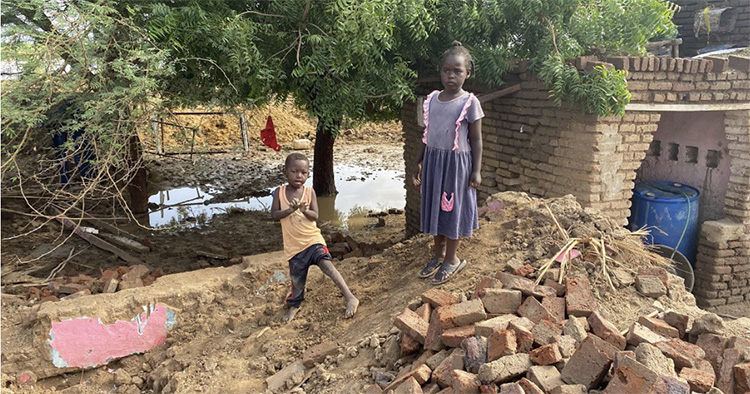Climate-driven emergencies

With extreme weather events increasing in frequency and intensity, the climate crisis has become responsible for numerous health emergencies in the Eastern Mediterranean Region, where many countries already suffer from fragile health systems due to protracted humanitarian emergencies.
The manifold health consequences of climate change include injury, population displacement, water-borne diseases due to the impact on clean water and sanitation systems, infectious diseases, rising cases of noncommunicable diseases (NCDs), reduced food production, reduced health workforce, damage to health infrastructure, and a severe mental and psychological impact.
Although no one is safe anywhere, the severe public health impact of climate change and globalization disproportionately affect the most vulnerable health systems and the most disadvantaged populations.
Related links
WHO nutrition interventions help save the lives of malnourished Sudanese children
New study finds that 43 000 “excess deaths” may have occurred in 2022 from the drought in Somalia
Drought-survivors arrive at internally displaced person camps to "live another day"
Japan supports WHO to expand access to health for all in drought-affected communities in Somalia
Trauma care and mass casualty management
In focus


